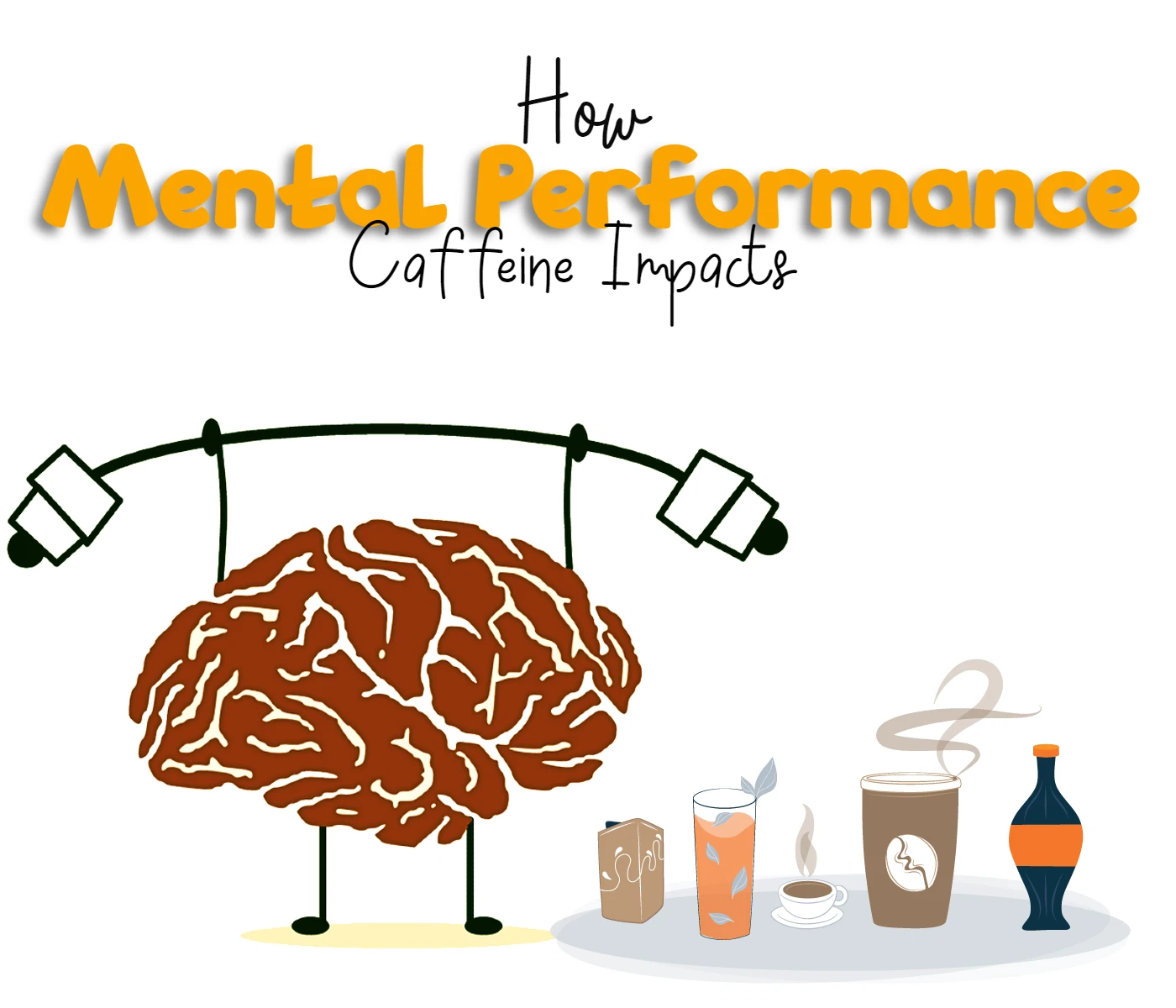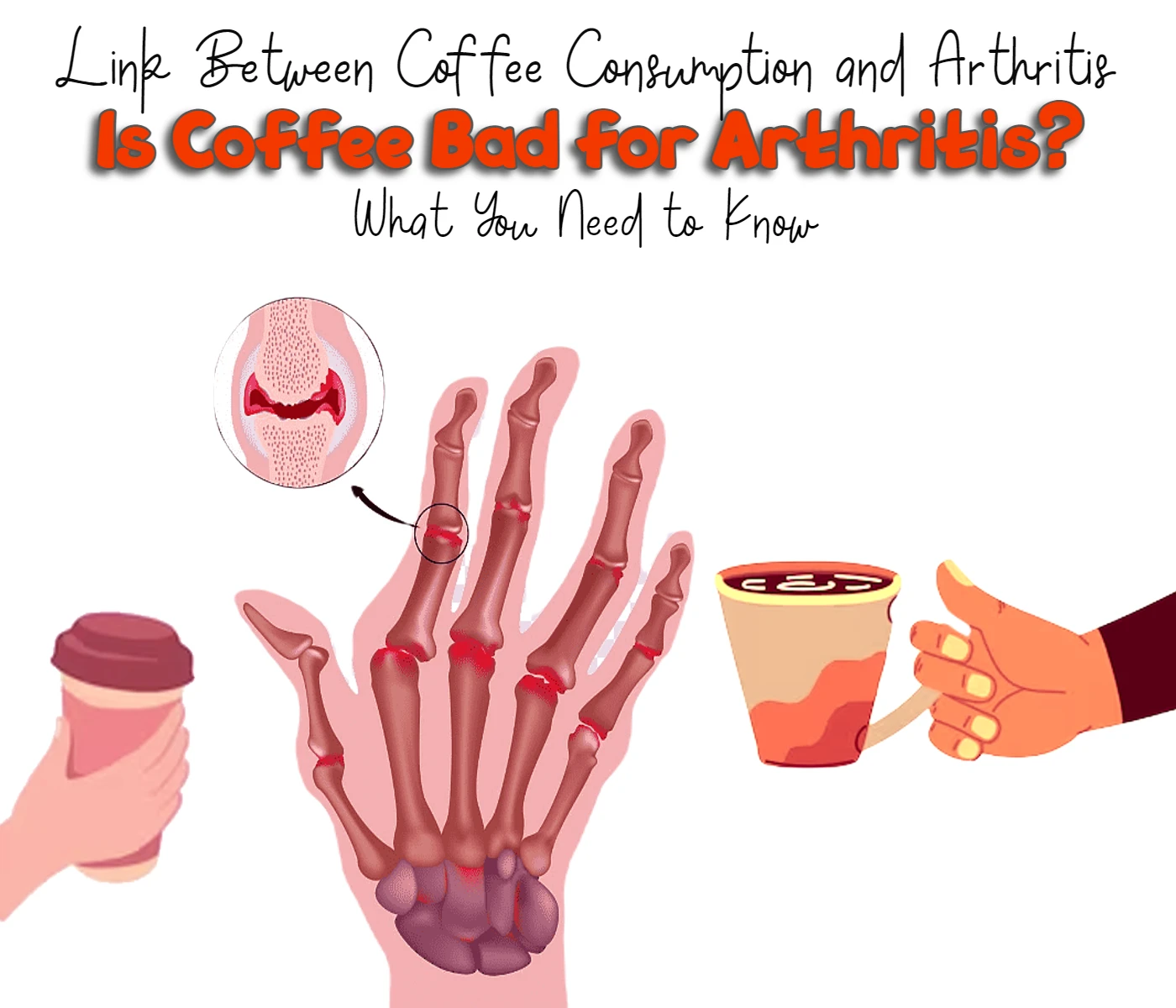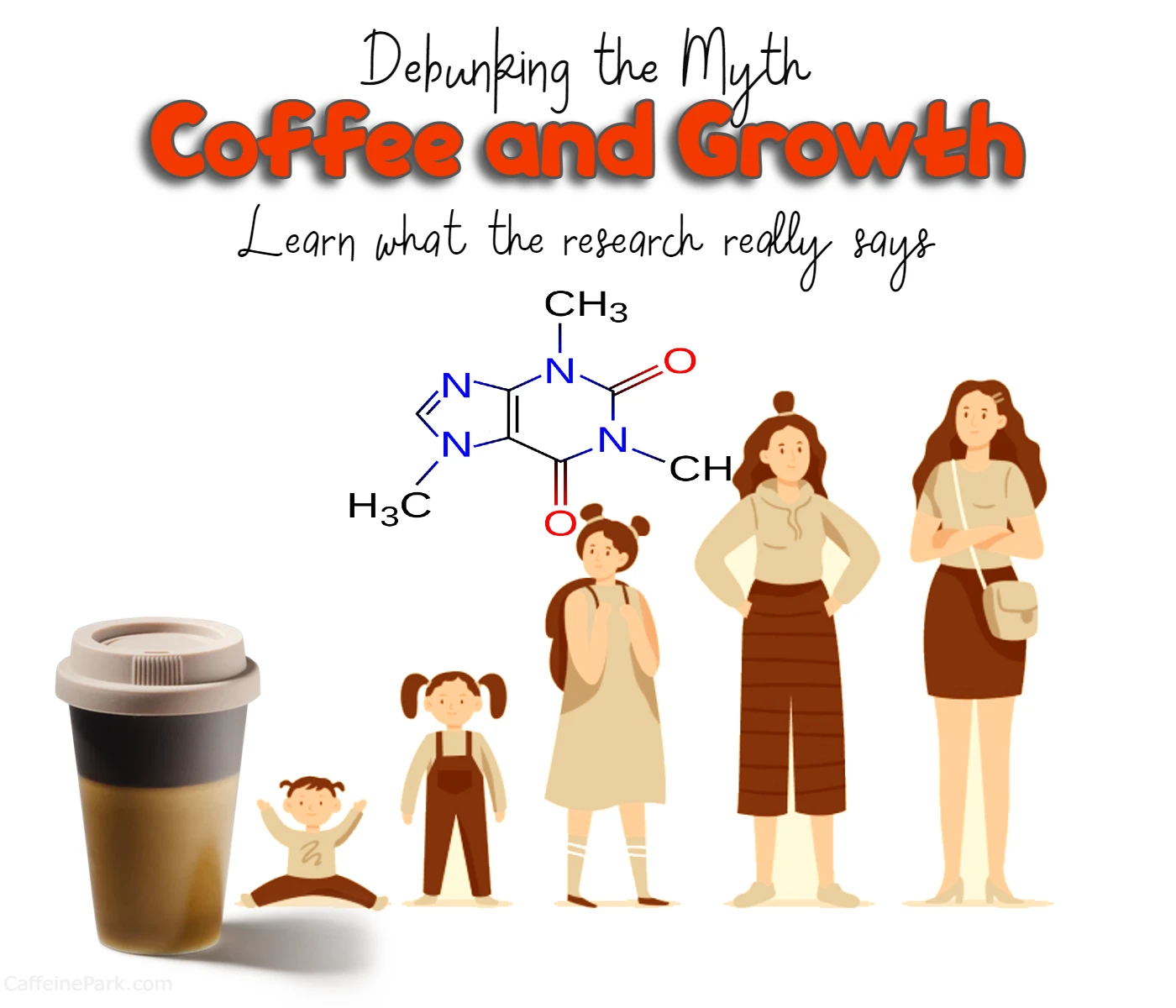
Hey there, caffeine lovers! Have you ever wondered if your daily dose of caffeine is actually helping you to stay alert and focused? Well, you’re in luck because today we’re going to explore the relationship between caffeine and mental performance.
Caffeine is one of the most commonly consumed psychoactive substances in the world. It’s found in coffee, tea, chocolate, and a variety of other beverages and foods. Many people rely on caffeine to give them a much-needed energy boost throughout the day. But what does science have to say about caffeine’s effects on mental performance?
In this blog, we’re going to take a deep dive into the research to help you better understand how caffeine affects mental performance. We’ll look at the different ways caffeine may impact attention, memory, and overall cognitive function, as well as any potential age-related differences in response to caffeine. So grab your favorite caffeinated beverage and read on to learn more!
Caffeine and its impact on mental performance
If you’re someone who needs a morning cup of coffee to jumpstart your day, you’re not alone. Caffeine is a widely consumed stimulant found in coffee, tea, energy drinks, and other beverages. Many people turn to caffeine to help them stay alert and focused, particularly during periods of reduced alertness.
| Fact | Description |
|---|---|
| Caffeine improves attention span | Studies have shown that caffeine can improve attention span and cognitive function, particularly in situations of reduced alertness. |
| Elderly subjects may respond differently to caffeine | Some research suggests that the protective effects of caffeine on declining mental performance may be more pronounced in elderly individuals than in younger subjects. |
| Caffeine consumption may boost cognitive reserve | Habitual coffee consumption has been linked to a potential boost in cognitive reserve among older adults, particularly in women. |
| Coffee enriched with chlorogenic acids may improve mood | A pilot study found that decaffeinated coffee enriched with chlorogenic acids improved mood and some mood-related behaviors among healthy older adults. |
| The effects of caffeine on the cognitive decline are mixed | While some studies have suggested that caffeine intake may help reduce the risk of cognitive decline, other studies have found no statistically significant association between coffee consumption and the risk of dementia. |
Effects on Young and Elderly Subjects:
Research suggests that caffeine can improve attention span, psychomotor performance, and cognitive function in both young and elderly subjects. However, the way in which these two groups respond to caffeine can differ. Some early studies found that elderly subjects appeared to be more sensitive to the protective effects of caffeine on declining mental performance over time than younger subjects. In younger subjects, caffeine has been shown to improve performance during distraction, rather than during simple tasks. In contrast, caffeine improved performance during more complex tasks requiring sustained attention in elderly subjects.
Caffeine and Cognitive Aging:
It’s suggested that caffeine may help to reverse the effects of cognitive aging by stimulating the energy resources of elderly subjects. A British study found that higher levels of coffee consumption improved simple and choice reaction times, incidental verbal memory, and visuo-spatial reasoning in adult subjects. The study also suggested that older people appeared to be more susceptible to the performance-enhancing effects of caffeine on mental performance than younger subjects.
Similarly, an analysis from the Baltimore Longitudinal Study of Aging suggested that caffeine intake was associated with better baseline cognition in adults over 70 years of age. Two Dutch studies also found positive effects of caffeine on cognition, mainly reaction time and verbal memory, but no age-related differences were observed.
Other Components in Coffee:
Other components in coffee may also enhance cognitive performance in older adults. A pilot study found that decaffeinated coffee enriched with chlorogenic acids improved mood and some mood-related behaviors compared to regular decaffeinated coffee. The effect was less robust than the one triggered by caffeine but reflects the potential cognitive-related activity of chlorogenic acids and warrants further investigation.
Effects on Cognitive Decline: Habitual coffee consumption may boost the cognitive reserve of older adults, particularly in women. A meta-analysis that included 9 studies found a reduced risk of cognitive decline across different measures of cognitive impairment with caffeine intake. However, many papers devoted to the effects of coffee on the age-related cognitive decline were not included in this review.
A further systematic literature review suggested that estimates of cognitive decline were lower among consumers of tea and coffee, but there was no evidence of a dose-response. Research has also suggested a stronger effect in women than men. However, a 2018 meta-analysis of prospective studies indicated no statistically significant association between coffee consumption and the risk of dementia.
Conclusion
Overall, the evidence regarding the effects of caffeine and coffee on cognitive function and performance in both young and elderly subjects is mixed. While some studies suggest that caffeine can improve attention span, psychomotor performance, and cognitive function, as well as feelings of well-being in the elderly, others suggest that caffeine has little to no effect on cognitive decline. Some studies have also suggested that other components in coffee, such as chlorogenic acids, may have a positive impact on cognitive function in older adults. It is important to note that the effects of caffeine and coffee may differ based on individual factors such as age, gender, and baseline cognitive function. Further research is needed to fully understand the effects of caffeine and coffee on cognitive function and performance, particularly in older adults.
I hope this information was helpful in understanding the potential effects of caffeine and coffee on mental performance. Remember, moderation is key when it comes to caffeine consumption, and it’s always best to consult with your healthcare provider before making any significant changes to your diet. Cheers to a good cup of coffee.
FAQs
Caffeine has been shown to improve attention span, psychomotor performance, and cognitive function, particularly in situations of reduced alertness. However, responses to caffeine may vary depending on age and other individual factors.
Some studies have suggested that elderly individuals may be more sensitive to the protective effects of caffeine on declining mental performance than younger subjects.
Habitual coffee consumption has been linked to a potential boost in cognitive reserve among older adults, particularly in women.
Chlorogenic acids are natural compounds found in coffee that may have cognitive-related activity. A pilot study found that decaffeinated coffee enriched with chlorogenic acids improved mood and some mood-related behaviors among healthy older adults.
Studies on the relationship between caffeine consumption and cognitive decline have produced mixed results, with some suggesting a reduced risk of cognitive decline with caffeine intake, while others have found no statistically significant association between coffee consumption and the risk of dementia.
Read More:





